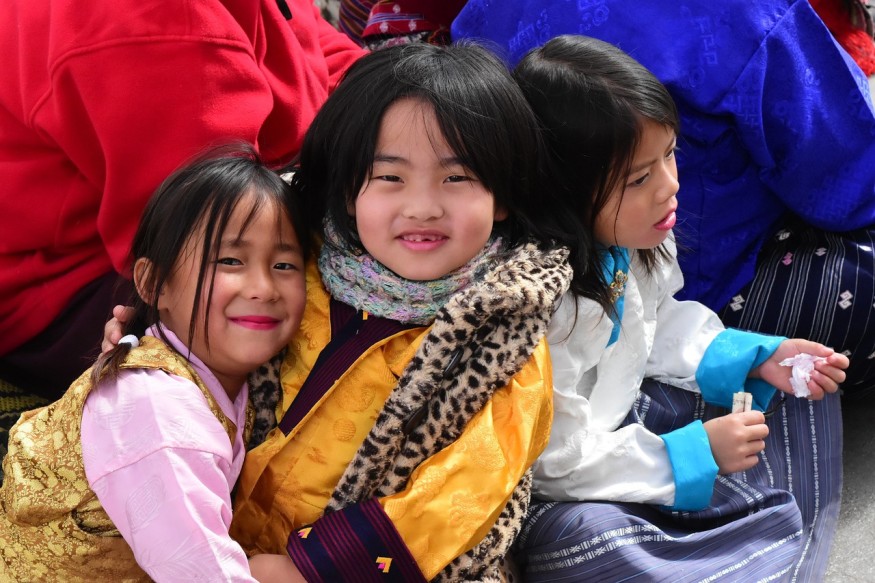
Bhutan, often hailed as one of the happiest nations globally, grapples with a silent mental health crisis, as revealed by mental health professionals who cite cultural stigma and societal expectations as contributing factors.
Dr. Chencho Dorji, Bhutan's inaugural qualified psychiatrist and serves at the Jigme Dorji Wangchuck National Referral Hospital, the sole psychiatric facility in the country, recently shed light on the issue.
Limited Resources
Despite advancements in mental health care since his inception into Bhutanese psychiatry in 1999, Dorji lamented the considerable gap in mental health services, with merely six psychiatric doctors serving a populace exceeding 750,000.
Although a staggering 93.6% of Bhutanese self-identify as happy, as per the latest Gross National Happiness report from May 2023, Dorji noted a dearth of emotional expression outlets in the local dialect, exacerbating mental health awareness challenges.
Cultural Stigma
The cultural stigma surrounding mental health persists, particularly accentuated by beliefs that conditions like epilepsy are contagious, perpetuating misconceptions across generations and hindering open dialogue.
"These are misconceived ideas, which we are really trying to dispel, but it's difficult, you know, something stays in the culture for generations," Dorji said, according to ABC News.
"A lot of the rural communities are still by and large, very superstitious -- they believe in supernatural causes of illnesses, especially in mental health."
Societal Pressure to Maintain Happiness
Moreover, societal pressure to maintain happiness and prioritize physical well-being over emotional health prevails in the country, further stifling discussions on mental well-being and emotional needs within Bhutanese communities.
"Physical needs are given more importance over emotional needs of people say a lot of people would not even dare express emotions because they're not taking as as understandable," Dorji explained.
Deki Choden, a Bhutanese counselor studying in Western Australia, also noted the lack of understanding regarding mental health issues in Bhutan, attributing it to the cultural ethos of perpetual happiness.
"Mental health is very new in Bhutan, most people do not understand what depression or anxiety is," Choden said.
"We never realized that mental health needed this attention, because it's a very calm and peaceful country."
However, she observed a gradual shift toward awareness and acceptance as more people pursue careers in counseling.
"In Bhutan, I think compassion has been so rooted in us ... after coming [to Australia], I realized that I can say no, it's okay," she said. "I'll take care of myself so that I can take care of others."
Dorji's journey to becoming Bhutan's first psychiatrist stems from personal experiences caring for family members with schizophrenia, motivating him to bridge gaps in mental health care.
His vision entails the expansion of psychiatric services nationwide, including increased training for psychiatric professionals and the establishment of mental health support systems in every hospital.
